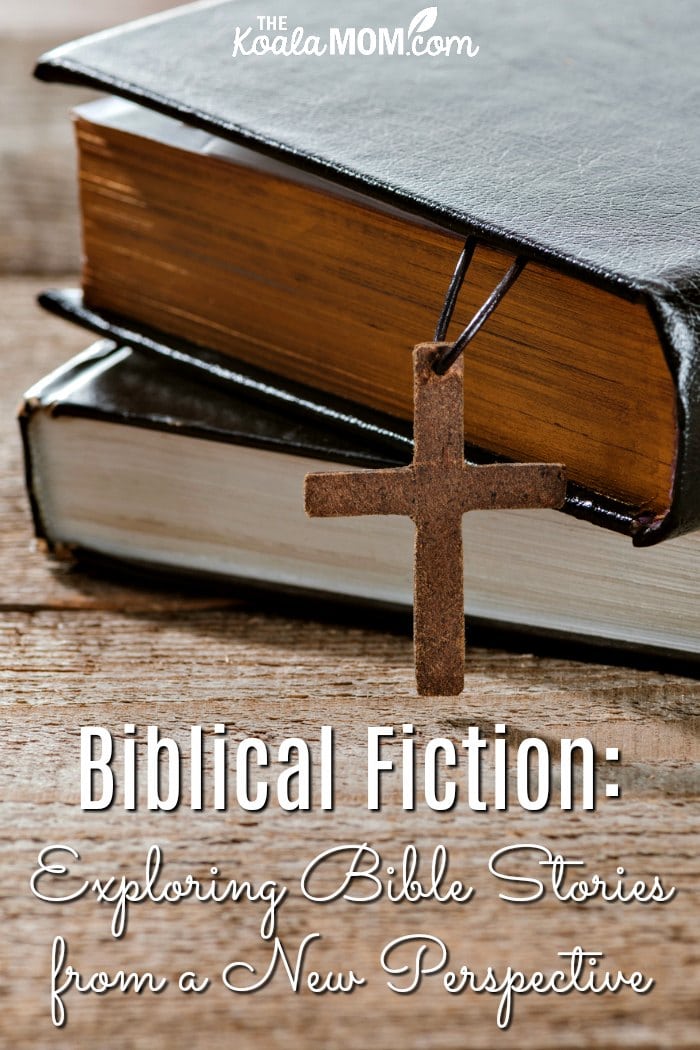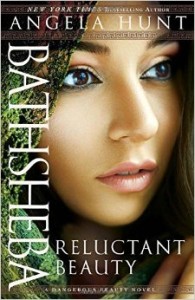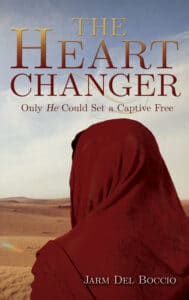Many of the stories of the Bible intrigue me, mostly because of what is not told. The concise, pointed details leave ample room for a fertile imagination. Take, for instance, the shepherds in the familiar Nativity story. The facts are given to us: they were watching their flocks by night, angels appeared and told them about Jesus’ birth, they ran to Bethlehem to worship Jesus.
But those spare details leave me wondering… who were they? How did they feel? What did they do after that? And that’s why I love Biblical fiction, which fleshes out these details with imaginary characters and carefully researched settings.

Why Biblical Fiction?
Biblical fiction is a growing genre in today’s book market, being tackled by big name writers like Francine Rivers, Angela Hunt, Sigmund Brouwer and, of course, the creators of VeggieTales. Many of us are intrigued by the stories of the Bible and want to know more. These writers give us their version of “more.” Of course, it is only fiction, and we all know that.
 Angela Hunt explains why she writes Biblical fiction: “the Bible is a big collection of books, and the biblical authors were not novelists. They wrote facts, events, and dates from their perspective as they were moved by the Spirit of God. When they recounted events, however, they tended to write sparely, rather like an artist who does a pencil sketch.”
Angela Hunt explains why she writes Biblical fiction: “the Bible is a big collection of books, and the biblical authors were not novelists. They wrote facts, events, and dates from their perspective as they were moved by the Spirit of God. When they recounted events, however, they tended to write sparely, rather like an artist who does a pencil sketch.”
Writing biblical fiction poses some problems for the writers, because the stories are so well known. What if our readers disagree with our interpretation of the story? What if they saw something else in those brief words given in the Bible?
Yet writers must make choices in order to write. I appreciate authors of Biblical fiction who include an afterword in their novels, explaining the research they did and the authorial choices they made about the facts they discovered. As a lover of history, it’s always fascinating to me to find out what was “real” in the story and what parts the author had to fill in themselves because details (in both the Bible and the historical record) are missing.
Hunt adds, “What a trustworthy biblical novelist does is take the scripture and bring it to realistic life with layers of color and texture and sensory details. We research the historical time period and read dozens of works written in that time period whenever possible, so we can get a feel for how people actually wrote, lived, and spoke. When we encounter conflicting expert opinions, we choose the most logical. We consider human nature, which does not change.”
A New Perspective
I’ve often found that reading Biblical fiction has given me a new perspective on an old story, and helped me to think more deeply about words that have become familiar. For example, after reading Judah’s Wife, about Judas Maccabeus, I finally opened my Bible to read Maccabees. Knowing the story made it easier to read the “plot outline” given by the Biblical writer.
Too often, I think we view the characters in the Bible as just that—Bible characters, who must be super spiritual or super godly to have done what they did. Biblical fiction helps us to see that they were just ordinary human beings, people like you and me. While cultures and languages change over time, human nature does not. There’s really a lot we have in common with the people of the Bible. So pick up some Biblical fiction and find out more!
Read Some Biblical Fiction
New Testament Stories in Fiction
- An Angel’s Story by Max Lucado (the Nativity)
- An Innocent Son by Carol Ferguson (Jesus’ life)
- Behold the Man by Brock & Bodie Thoene (the centurion at Jesus’ crucifixion)
- Zaccheus by Patty Ntihemuka (Zaccheus and Jesus)
- Empire’s End by Jerry B. Jenkins (the Apostle Paul)
- The Last Temple by Sigmund Brouwer and Hank Hanegraaff (Revelations)
Old Testament Stories in Fiction
- Shadow of the Mountain: Exodus by Cliff Graham (Moses’ friend Caleb)
- Abigail by Jill Eileen Smith (King David & Abigail)
- Bathsheba: Reluctant Beauty by Angela Hunt (King David & Bathsheba)
- Delilah: Treacherous Beauty by Angela Hunt (Samson & Delilah)
- The Heart Changer by Jarm Del Boccio (the prophet Elisha and Naaman the leper)
- Esther: Royal Beauty by Angela Hunt (Queen Esther)
- Judah’s Wife: A Novel of the Maccabees by Angela Hunt (Apocrypha)
Biblical Fiction for Kids
- Gospel Time Trekkers series by Sister Maria Grace Dateno
Do you enjoy reading or writing Biblical fiction? What authors or novels would you recommend?

One Response
You should read a book by Bill Myers called Eli (modern retelling of Jesus life). Really thought-provoking.
I agree. I get frustrated reading the Bible sometimes! We women want to know what Mary was thinking and feeling– how much Jesus weighed, if Mary suffered post partum blues… I guess we don’t neeeed to know, but these were real people and would have had real emotions/struggles besides the ones included in the text.